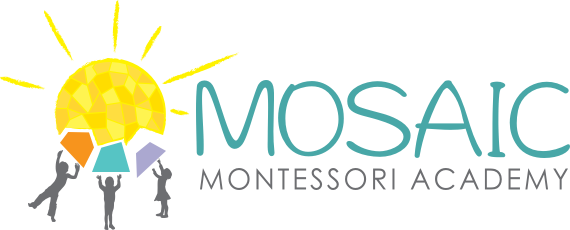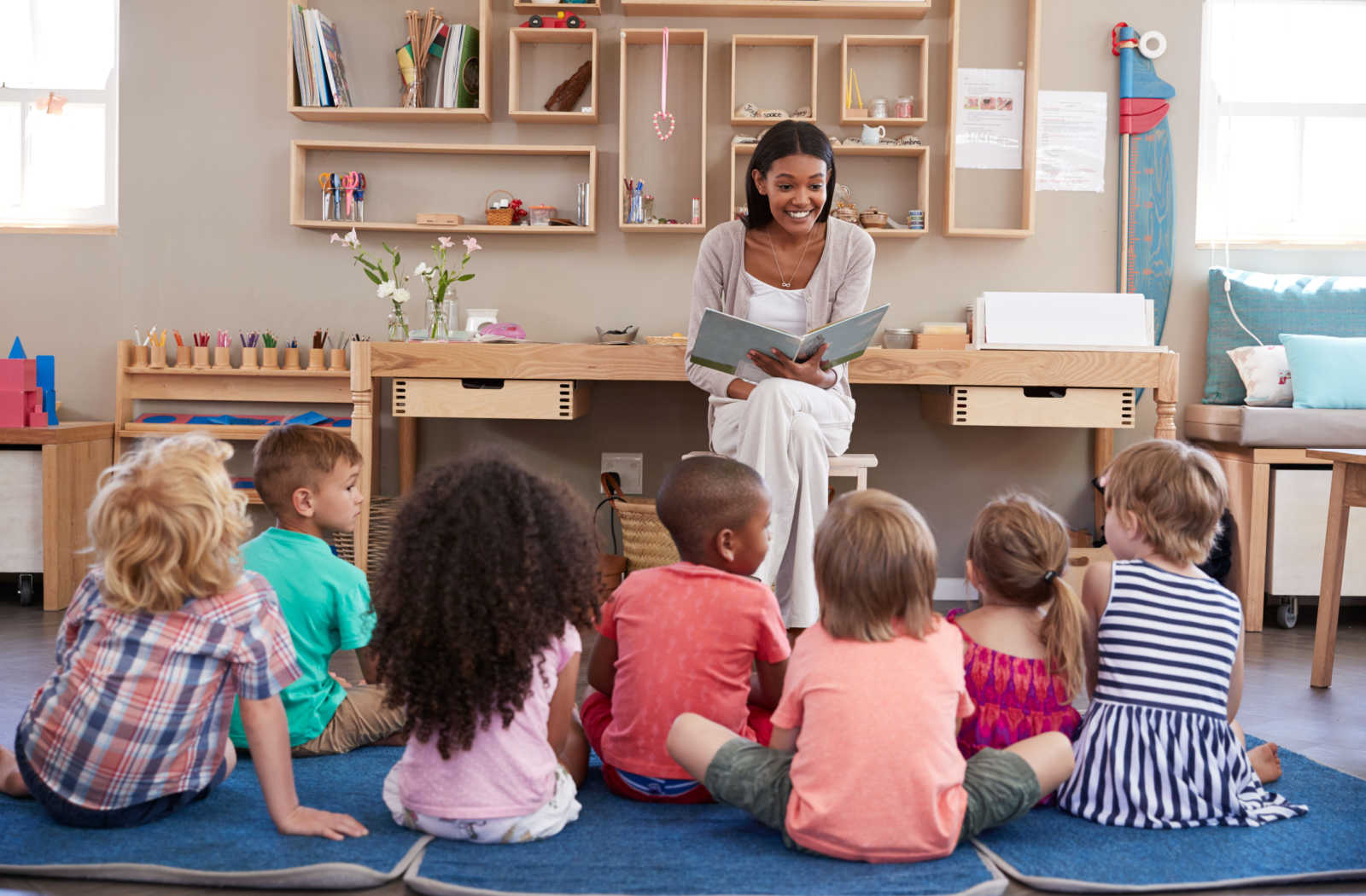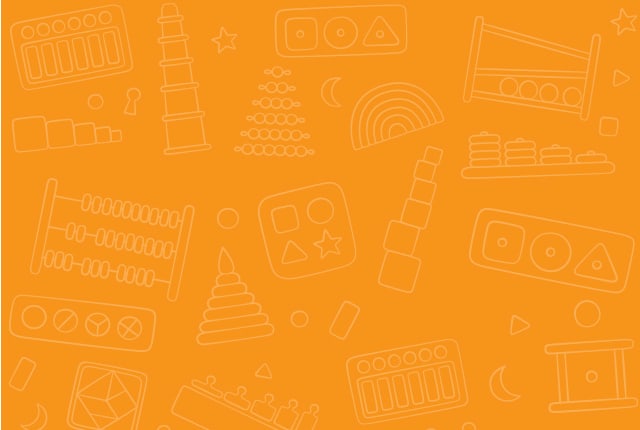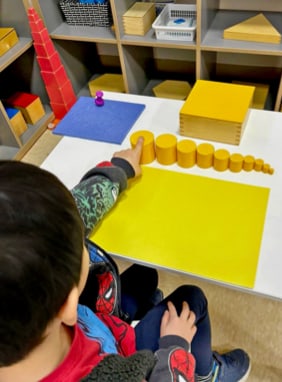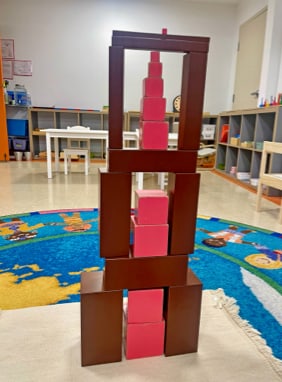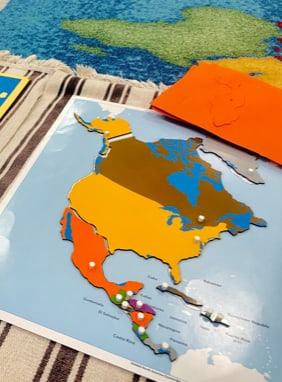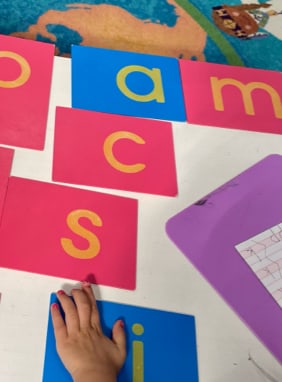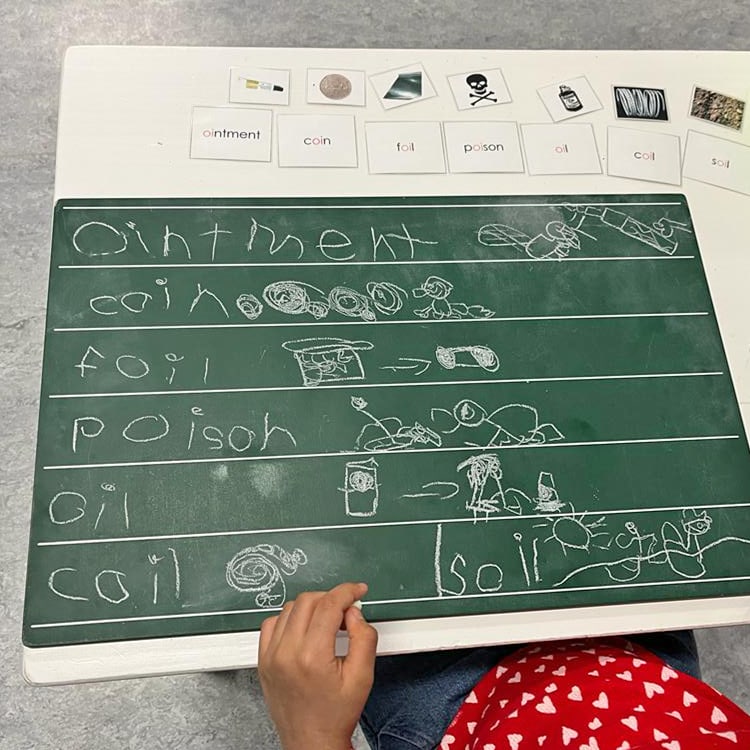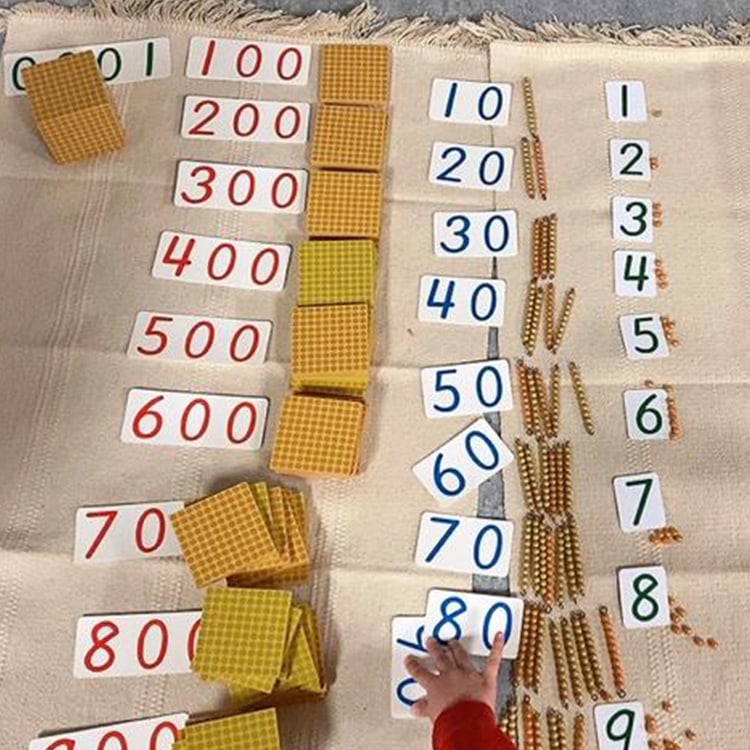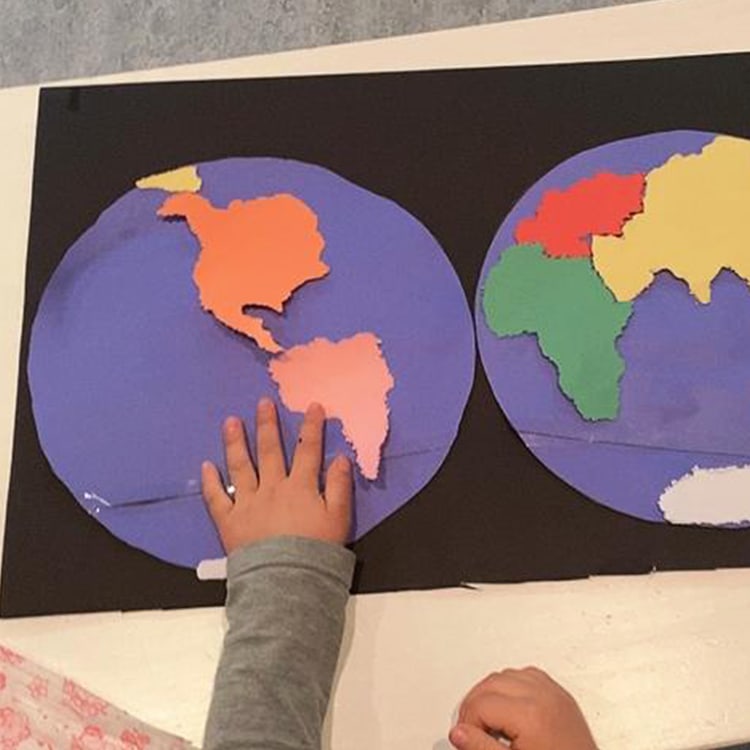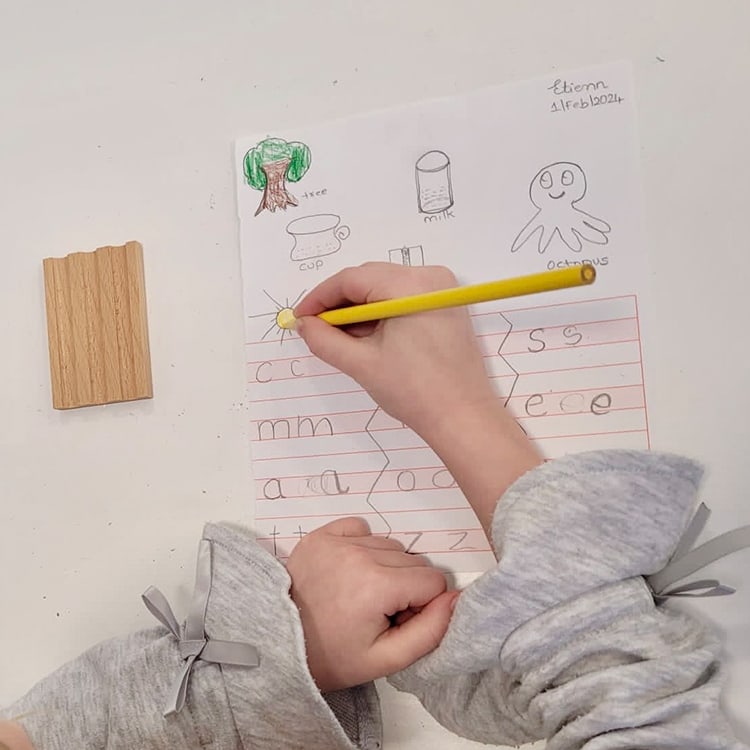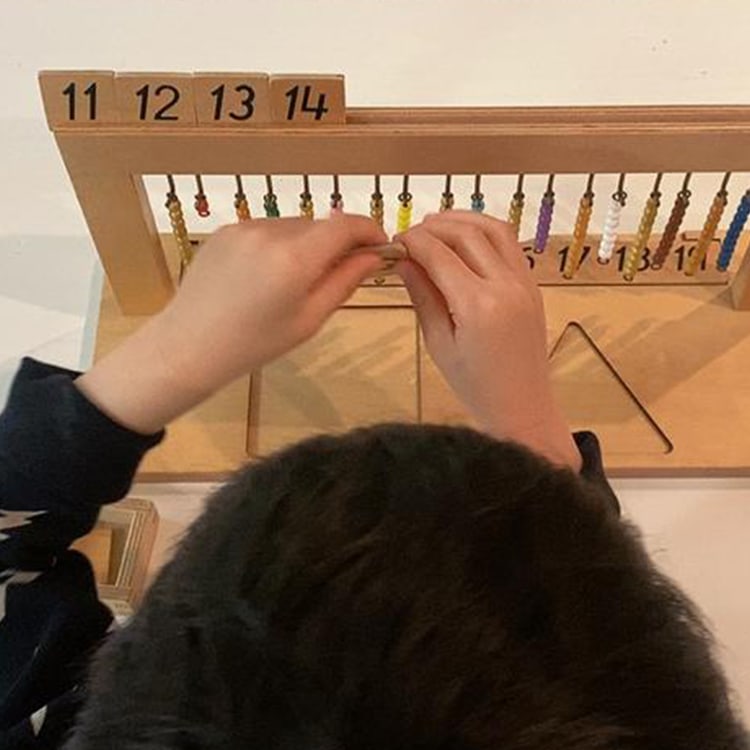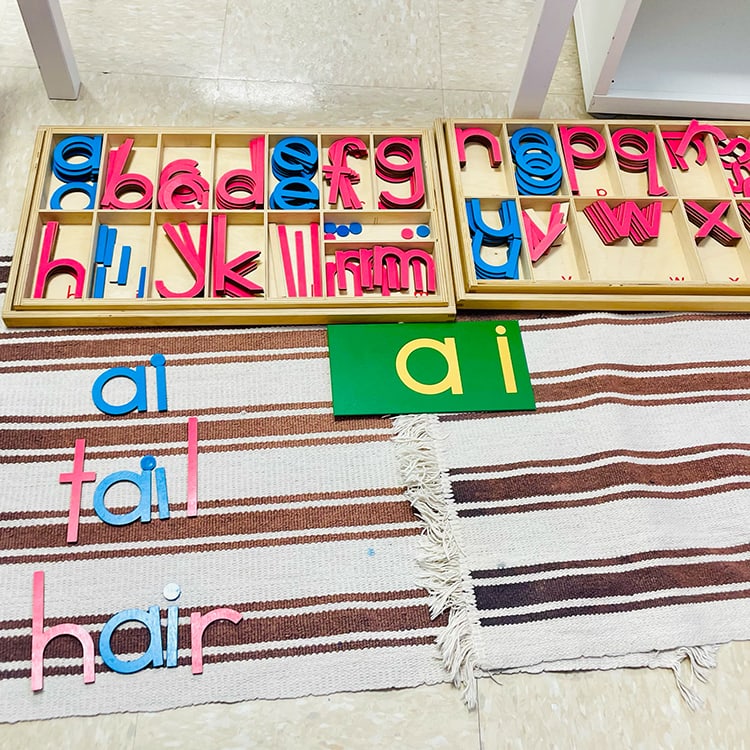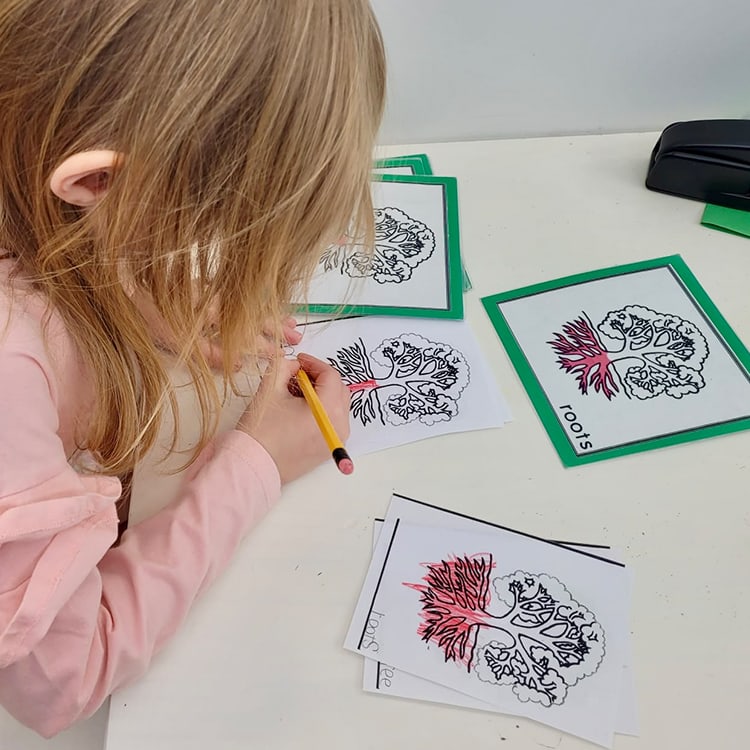In a Montessori classroom, the teacher acts as a dynamic link that connects each child with the prepared environment. These teachers typically have special training that equips them to introduce new activities in a way that allows children to lead the learning at their own pace.
Instead of the teacher directing a group of children’s learning in a set direction, they are there to encourage independence and free thinking in each child. This results in a Montessori classroom looking different from the teacher, down to how they teach.
What Is a Montessori Classroom?
To understand what a Montessori classroom is, let’s briefly examine the Montessori method. Over 100 years ago, a woman named Maria Montessori opened the first Montessori school in Rome, Italy.
This new form of education came from Maria’s study on a combination of children’s psychology and education. Using various activities and mixed-age learning spaces, Maria was able to help children learn new skills early.
A Montessori classroom is part of a Montessori school which operates with the Montessori method. However, this method is not only reserved for schools; it’s possible to incorporate it in your home with your child.
The Role of a Montessori Teacher in the Classroom
Some Montessori schools do not refer to a teacher as such. Instead, they are called directresses/directors or simply as guides or facilitators. This description is an accurate one considering some of the major ways that a Montessori teacher’s role differs from their traditional counterpart.
Cultivation of Independence
A core part of the Montessori method is the focus on independence. Along with that independence, there is a large focus on free-thinking, critical thinking, and problem-solving. One way the teacher does this is by focusing on individual children or small groups.
With this focused approach, the teacher can facilitate each child on their individual level instead of expecting every student to learn at the same speed and level. It also produces independence in children by leaving space for them to problem-solve independently.
Highly-Focused Training
In addition to their college-level training, Montessori teachers must obtain additional specialized credentials from Montessori sources. These provide highly-focused training on the Montessori method and its materials. Additionally, the training provides valuable insight into child development and incorporating the arts into education.
Perhaps one of the most valuable ways the training equips a Montessori teacher is in their assessments of students. Instead of relying solely on standardized tests to determine where a child is at, they use the powers of observation.
Not only does this help them to anticipate the direction a child will have activities ready, but it also gives them a deep insight into what their students know.
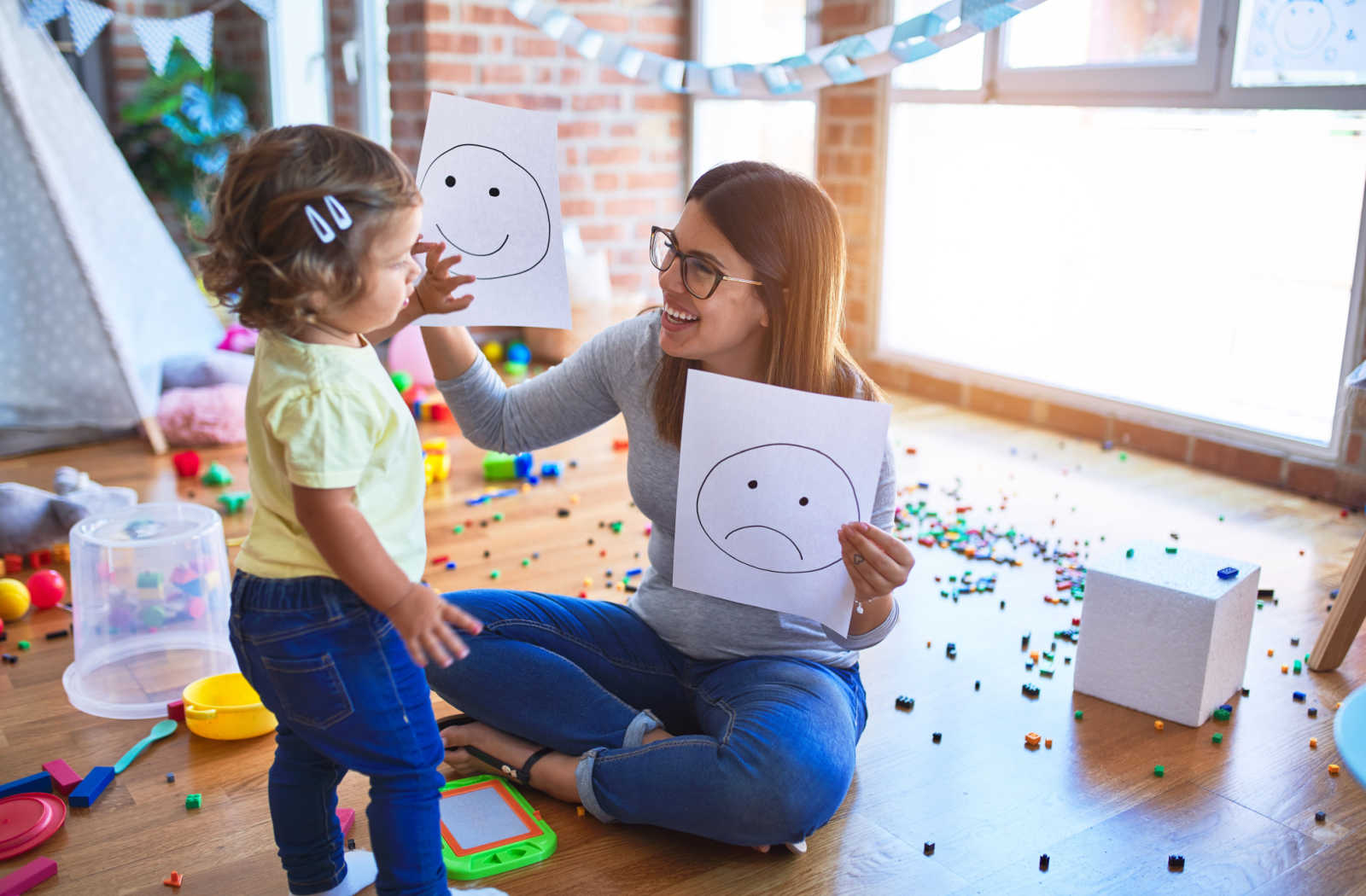
What Do Kids Learn in a Montessori School?
There isn’t a one-size answer for what kids learn in a Montessori school because it’s largely self-led learning. Here are a few significant milestone age groups throughout the school.
Infants
A child’s first three years of life are filled with rapid development. The Montessori method encourages and fosters this development through self-care, large and fine motor skills, language, and social skills.
Your child’s teacher introduces them to age-appropriate activities, encouraging learning and engagement.
Early Childhood
As your child grows, they begin developing particular interests. Montessori teachers receive extensive training to help facilitate your child’s growth in interest areas while ensuring they meet their education requirements. Topics the teacher may introduce your child to in an early childhood classroom may include practical life, sensorial, math, language, and cultural studies.
Elementary
Ages 6 to 12 is the next stage that the Montessori method addresses. This is often a time when your child is transitioning to abstract thinking with a growing imagination. Their interest in socialization may also be growing.
Your child’s teacher will continue to guide them through the curriculum, learning math, language, cultural studies, social studies, and science.
Secondary
Secondary school is a pivotal time in most student’s lives where their physical, social, emotional, and cognitive development is going through a lot of changes. In addition to the expected learning subjects, Montessori schools often offer their secondary students the opportunity to step into leadership roles and cultivate respect for the environment.
Find Out More About the Montessori Method
There isn’t a one-size-fits-all answer to which form of education best suits a child, or what type of teacher they will respond best to. However, if you’re looking for an education for your child that stimulates their mind, helps them connect with the world around them, and teaches independence and self-regulation, then the Montessori method is worth the exploration.
Contact us today and let the team at Mosaic Montessori Academy answer any questions you have about the Montessori method or how our school operates.
